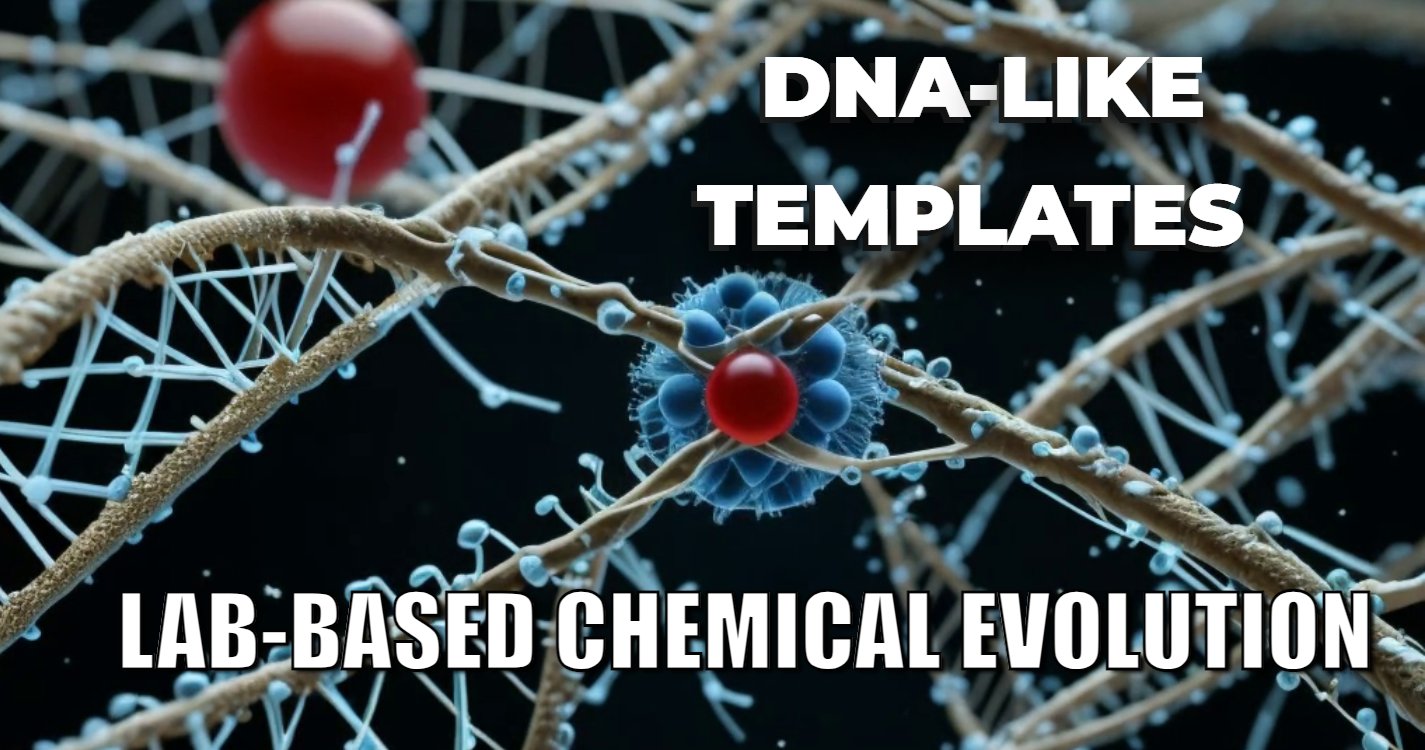The researchers at IFTM University, Moradabad claim that the application of banana peels can prevent cancer as well as various potentially fatal diseases.
Researchers claim that banana peels can prevent cancer and other fatal diseases. Rhodamine B is a toxin found in wastewater from industries such as textiles, pulp, leather, cosmetics, food, and paper. Dr. Himanshu Gupta’s research team has demonstrated kinetic and thermodynamic mechanisms for removing polycyclic aromatic hydrocarbons (PAHs) (PAHs). The study used activated carbon made from orange rind to study the PAH phenanthrene.
- The IFTM University, Moradabad researchers claim that banana peels can prevent cancer and other fatal diseases.
- His team at IFTM University Moradabad has successfully removed hazardous environmental contaminants from water.
- The chemical treatment increased the efficiency of the adsorbent.
- His research group is also working on removing other toxic contaminants from water, which is currently being reviewed in scientific journals.
- Before commercializing activated carbon, kinetic and thermodynamic studies can assess its feasibility, spontaneity, adsorption behavior, and temperature variability.
The research is led by Dr. Himanshu Gupta, Head, Department of Chemistry, School of Sciences, IFTM University, Moradabad. Dr. Gupta has completed his doctorate from the Indian Institute of Technology Roorkee under the supervision of Prof. Bina Gupta, where he learned about the various concepts of determination, degradation and removal of potentially hazardous pollutants from various environmental matrices. At IFTM University, Moradabad, various researchers have successfully removed hazardous environmental contaminants from water under his guidance. One toxic contaminant is Rhodamine B, which is liberated in wastewaters of various industries like textiles, pulp, leather, cosmetics, food and paper industries.
The research scholar Ms. Santosh Singh alongwith one M.Sc. project student Ms. Nargis Parveen successfully removed the toxic dye rhodamine B from water using the biosorbent developed from banana peel without any chemical treatment. It represents a natural way to treat contaminated water using banana peels.
The work has also been published in the international reputation “Environmental Technology and Innovation” journal. The research group further used banana peels after chemical treatment and prepared adsorbents to remove different dyes from aqueous streams. The researchers found a high increase in adsorbent efficiency due to chemical treatment. This research has also been published in another journal of international repute, “Applied Water Science.”
His research group is also currently working on removing other toxic contaminants from water and is also under consideration in different scientific journals. One of his Ph.D. students, Ms. Santosh Singh, has recently received her Ph.D. degree on “Removal of toxic dyes from aqueous medium.” In the previous studies, the research group has demonstrated the kinetic and thermodynamic mechanisms for removing hazardous and ubiquitous pollutants, polycyclic aromatic hydrocarbons (PAHs).
The research focused on the PAH, phenanthrene using activated carbon prepared from orange rind. The researchers concluded that kinetic and thermodynamic studies are helpful to access the feasibility, spontaneity, adsorption behavior and the variability of temperature before developing activated carbon on a commercial scale.
The research work of Dr. Himanshu has been greatly appreciated by Vice-Chancellor, IFTM University Prof. M.P. Pandey; Registrar, IFTM University Prof. Sanjeev Agarwal, Director, School of Sciences, Prof. B.K. Singh and all other IFTM University administration at regular intervals of time.
Currently, two other research scholars, Shubhangee Agarwal and Priya Kumari are working with Dr. Gupta to treat electronic waste and prepare other environment-friendly adsorbents to prevent various carcinogenic, mutagenic and other fatal diseases.
Relevant research publications:
https://doi.org/10.1007/s13201-020-01274-4
https://doi.org/10.1016/j.eti.2018.09.001
https://doi.org/10.1016/j.eti.2018.03.001





[…] Researchers at IFTM University, Moradabad claim banana peel and orange rind… […]